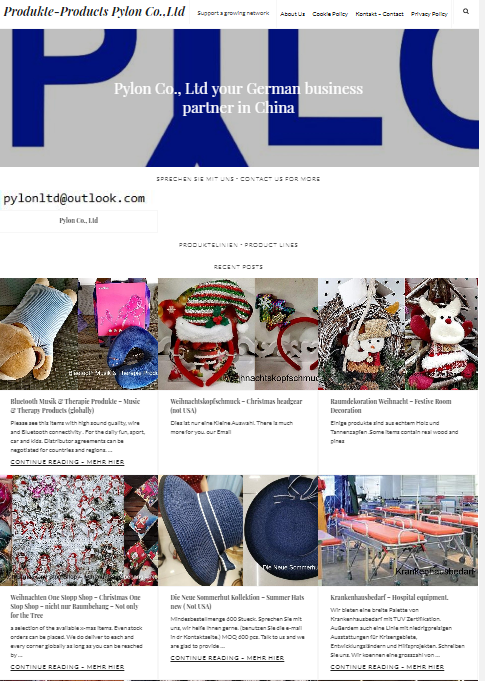- Details
-
Category: Ningbo Business
-
Published: Tuesday, 04 September 2012 09:26
On September 1, the list of the top 500 Chinese enterprises in 2012 was released in Changchun. Eight Ningbo enterprises rank among the top 500, the same result as in last year. In addition, 12 Ningbo enterprises are listed among the top 500 manufacturing enterprises and 25 Ningbo enterprises are listed among the top 500 service enterprises.
According to the list jointly released by China Enterprise Federation and China Entrepreneur Association, Sinopec is still the No.1 for eight years in a row with the total revenue of 2.55 trillion yuan, followed by CNPC, State Grid, ICBC, CBC, China Mobile, ABC, BOC, CSCEC and CNOOC.
It is learned that the total revenue of the top 500 enterprises reaches 44.9 trillion yuan, with all the shortlisted enterprises having the revenue of over 17.51 billion yuan, an increase of 3.31 billion yuan over the previous year.
Among the eight Ningbo enterprises shortlisted among the top 500, four enterprises rank significantly higher than the previous year, three enterprises decline in ranking and one remains the same. In terms of revenue, in 2011 the eight enterprises realized the total revenue of 215.74 billion yuan, an increase of 39.219 billion yuan or 22.22% over the previous year. The revenue of Youngor Group, Aux Group, Jintian Group and Grand Group Corporation respectively surpasses 30 billion yuan.
12 Ningbo enterprises are listed among the top 500 Chinese manufacturing enterprises. Besides the five of the eight enterprises listed in the top 500 Chinese enterprises (except Grand Group Corporation, Future Investment Co. Ltd. and Yinyi Group Company), seven more enterprises are shortlisted. They are Veken Group Co. Ltd., Evergreen Group, Lishi Group, Haitian Plastics Machinery, Shenzhou International Group Holdings Limited, Beyond Group and Huaxiang Group.
The threshold value of revenue for enterprises shortlisted in the top 500 Chinese service enterprises is 2.27 billion yuan, up by 15.1% over the previous year. This year, 25 Ningbo enterprises are listed in the top 500, ranking among the leading cities in China. Specifically speaking, Grand Group Corporation ranks No.95 with the total annual revenue of 31.286 billion yuan. And four other enterprises rank among the top 200, including Yinyi Group Company (No.120), China-Base Ningbo Foreign Trade Co. Ltd. (No.146), Ningbo Sunhu Chemical Products Co. Ltd. (No.155) and East-China Material Market Group (No.200).
- Details
-
Category: Ningbo Business
-
Published: Tuesday, 04 September 2012 09:24
"The improvement of product quality allowed our company to be listed as the type of being supervised through inspection and verification by Ningbo Entry-Exit Inspection and Quarantine Bureau, and this can save our company 0.3 mln yuan's of inspection fee and 0.5 mln yuan's of logistics cost per year", said a worker from Ningbo Jisheng Leisure Products Co. Ltd. And the success of the company proved the advantages of the three-management supervision model put forward by Ningbo Entry-Exit Inspection and Quarantine Bureau.
In face of a large number of export companies and complicated export inspection procedures, Ningbo Entry-Exit Inspection and Quarantine Bureau pioneered the supervision model of three-management for companies dealing with industrial goods. The three-management refers to access management, classification management and supervision management. As long as companies are up to the standards of classification management, they can apply for different types of supervision management according to their levels of risks of products, company management levels and quality levels etc. After that, they will go through the procedure of subsequent field-proven to lower supervising risks.
At present, among the over 5,800 qualified companies, 53 percent are listed as the type of being supervised through inspection and verification due to their reliable qualities and credibility. And the other 47 percent are under tight supervision because of their small scales, high risks or unstable qualities.
Companies with stable qualities and advanced management level could be under dynamic supervision with much lower sampling frequency. It needs 3-5 working days for common goods to complete the whole process of quarantine inspection, while it only needs half a day after the implementation of dynamic supervision.
The main goals of the three-management model are to raise the speed of export, alleviate the burdens of export companies and improve effectiveness. The implementation of the model has evidently lifted the qualities of export products. In the first two quarters of this year, Ningbo Entry-Exit Inspection and Quarantine Bureau inspected a total of 277,000 batches of goods worth US $8.97 bln, increased by 3.7 percent and 3.4 percent year on year respectively. And the amount of unqualified goods and their values lowered by 36.2 percent and 71.5 percent respectively









